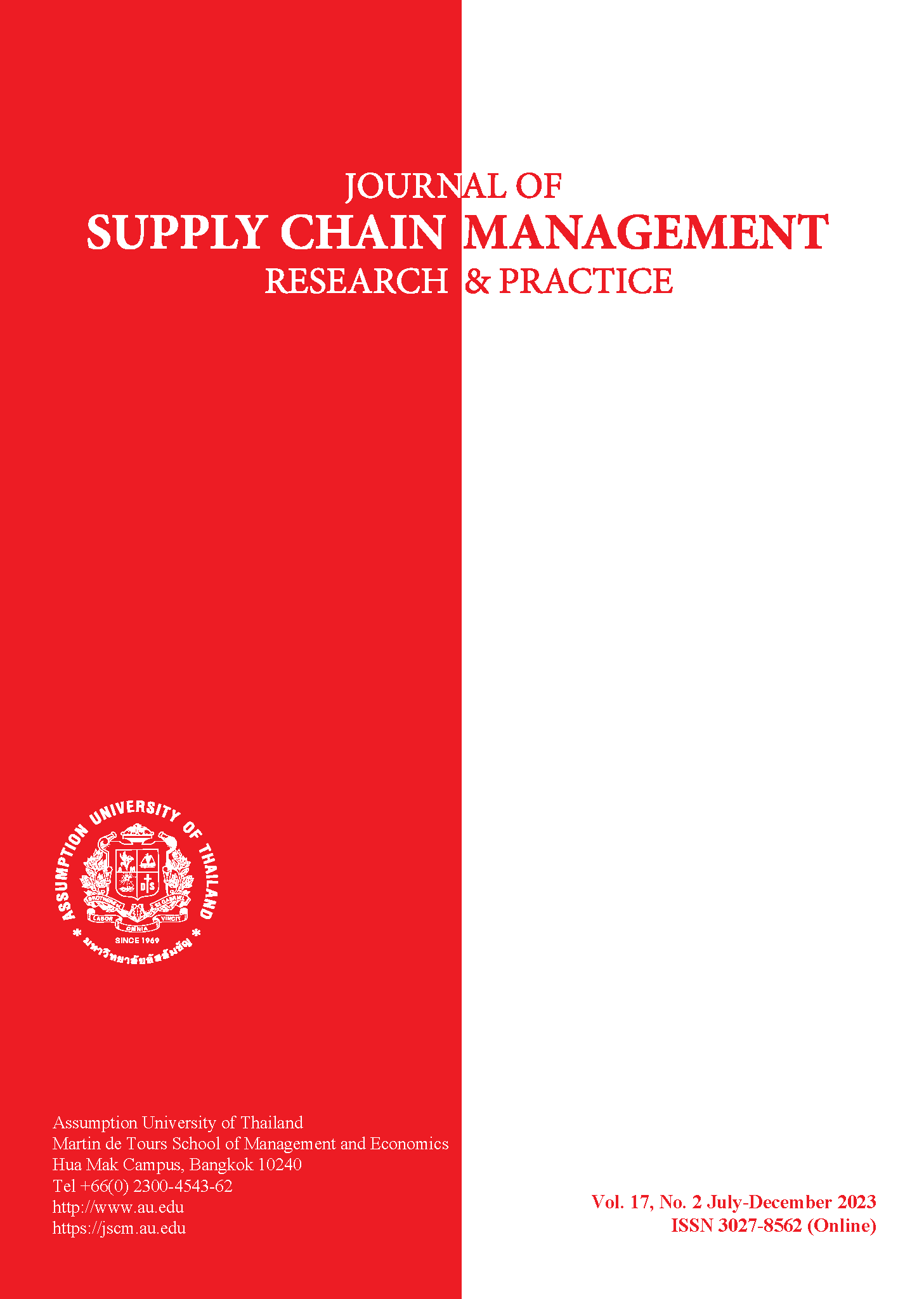THE THAILAND QUALIFICATION FRAMEWORK: SIMILARITIES AND DIFFERENCES IN THE MEASURED AND DESIRED ATTRIBUTES
Abstract
There is a mismatch between employers’ expectations of the abilities of new graduate employees, and the realities. This paper synthesizes studies which deal with the mismatch. It reviews previous studies of quality assurance standards, expectations, and actual measurement. In the ‘Thai Qualifications Framework for Higher Education’ (TQF: HEd), five dimensions evaluate the attributes of all freshly recruited graduates. Content analysis has been used to examine annual TQF Assessment Reports of 20 universities in Thailand. The key five domains of the Office of Higher Education Council (OHEC), were compared with the desired attributes synthesized from previous research into the assessments of graduates’ Thai employers. IN those previous studies, he most desirable attributes were categorized into twenty-five items. The recommendation in this paper is to add some attributes, such as the Domain of Psychomotor Skills (Arit.chandra.ac.th, n.d., p.2); and decrease the five domains to only three, in accordance with the National Education Act, 1999 (Thai year 2542). Three main latent attributes have been examined to cover the three perspectives, which were: A) Academic knowledge to provide foundation for their further development; B) Practical knowledge which directly transforms into work readiness; and C) Ethical and moral mindsets to perform professional practices. The most important was defined as professional ethics. The integration of the findings, resulting from the interpretation of the variables, constructs, models and meanings, is shown in the Appendices, categorized by the three types of stakeholders: Students, Job Candidates, and Employers.


